Childcare squeeze became one of the contentious reasons fueling the Great Resignation earlier this year. A payroll company found women quitting their jobs at higher rates than men since they had to take on additional tasks like childcare and housework while working from home.
As countries around the world began to open with decline in Omicron cases and children began going back to school, most child care centres remain closed due to COVID pressure, shortage of staff, and lockdowns.
Is there a way to solve the challenge around childcare? Dutch startup Sitly seems to have the solution.
From hobby to largest babysitting marketplace
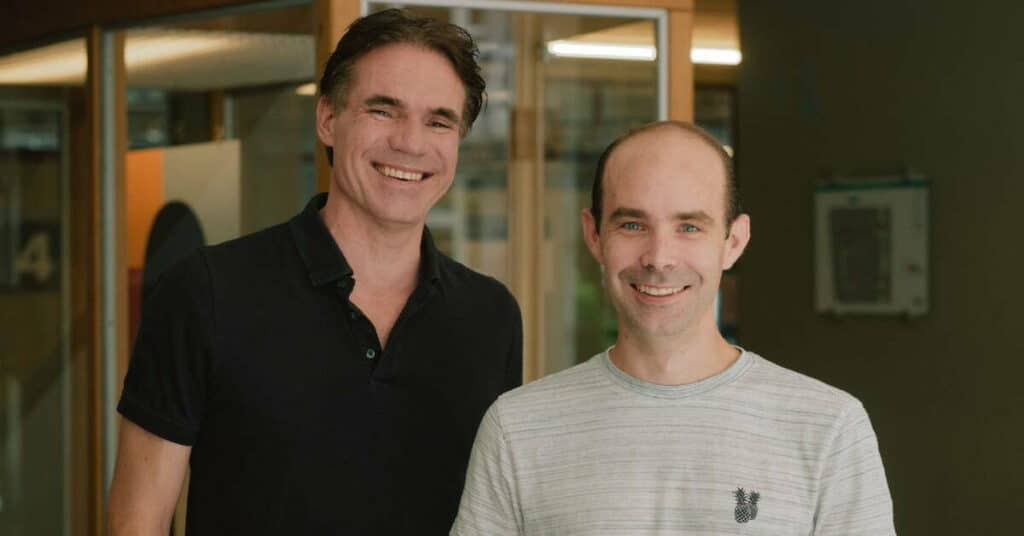
Sitly began its journey as a hobby of founder Jules van Bruggen in 2009 but it didn’t turn into a business until 2012. Van Bruggen says Sitly came to fruition from his personal struggle to arrange childcare.
“We had to wait for over a year to get access to a daycare centre in Amsterdam. We’re not from Amsterdam ourselves and did not have a network,” he says.
After personally experiencing this struggle to find childcare in Amsterdam, Van Bruggen began wondering why there wasn’t a platform to connect parents with caretakers in their local area. Thus, the idea of Sitly was born and soon became a hobby for Van Bruggen, who holds a Masters in Law from Maastricht University.
After starting the company in 2012, CTO Ivo de Vries joined Sitly and built, together with a small team, the marketplace platform from scratch. With a subscription-based business model, Sitly helps parents find experienced babysitters and references in 14 countries in Europe, Latin America, North America, and Asia.
“Parents and babysitters can have free access to Sitly offerings and can also reply and connect with parents and babysitters for free when being approached by others. Whenever someone wants to actively reach out to parents or babysitters, he or she needs to subscribe to a premium membership,” Van Bruggen explains.
A bootstrapped success story
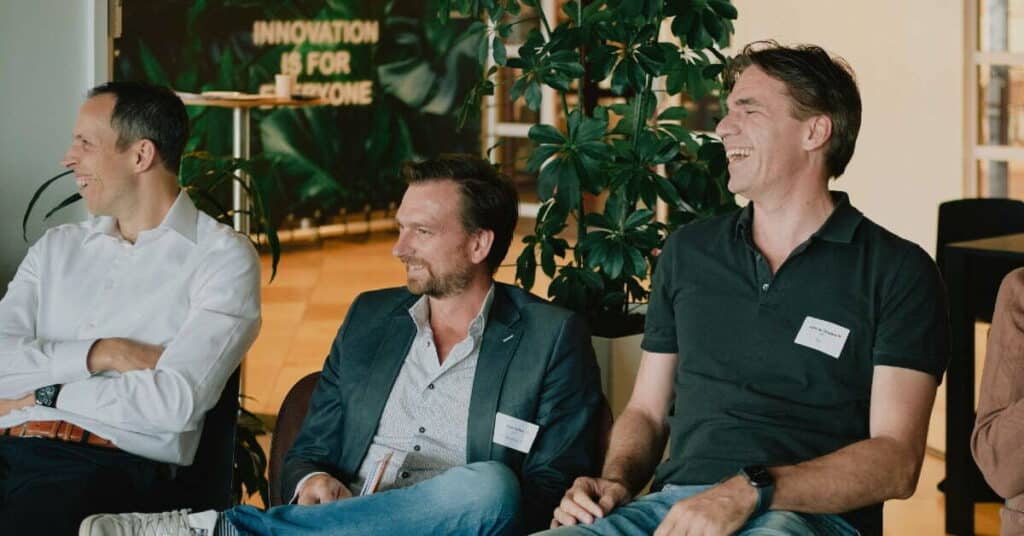
One of the interesting things about Sitly is that it has been bootstrapped since its inception. “We have been able to grow without the need to take any funding, loans or subsidies,” says Van Bruggen.
In a venture capital dominated startup ecosystem, it is rare to find a bootstrapped success story. The founder of Sitly cites a small diverse team of 40 people representing 18 nationalities as the reason for this growth.
He also adds that the decision to stay bootstrapped has been a conscious one and they have never “looked for any funding.” However, Van Bruggen has had conversations with VCs, but it never got further than the first conversation. The bootstrapped mechanism also works for Sitly because their business approach is different from those adopted by well-funded startups.
“We are very disciplined in testing markets, testing new activities, without immediately investing a lot of money into it,” Van Bruggen adds.
This approach shows from the very launch of Sitly in 2012. The startup first launched in Germany and they noticed that their model was not working. Germany as a market was too big for Sitly and instead of draining money, they immediately pulled out.
As a funded startup, Van Bruggen believes that Sitly would have continued to operate in Germany by offering suboptimal products. When Sitly entered Italy, they were advised against entering the market due to cultural differences. But the startup not only thrived but also gained important learning in the process.
What’s the learning? Van Bruggen says a market which looked promising didn’t work but others did. Thus it became imperative for Sitly to select their market with discipline and focus on being cash flow positive.
Building a strong team to execute
Van Bruggen not only comes across as a startup CEO but also as a philosopher. He deeply believes in values and ethical implications and for him, instilling those values has been paramount.
Speaking about challenges, he reflects on a time when he was too involved in the execution of Sitly. During that time, he was confronted by a colleague who said that being too involved is not motivating for her. “It was a complete eye opener and I thanked her for the feedback,” he says.
After that event, Van Bruggen says he has been aware that personal growth of Sitly and the people behind it is only possible if he creates “the environment for people to take ownership, experiment, learn new things, make mistakes, and try again.”
He also emphasises on the importance of finding the right people to make this work. He says Sitly focussed on hiring people with strong “just do it” mentality when it was a startup. These are people who are flexible and are able to work in chaotic environment knowing that their work and roles will change frequently.
Right now, as a scaleup, Sitly is a more structured organisation with pre-defined roles, offering focus and accountability. “To drive such a transition we hired people in our management team that can guide and drive it,” he quips.
This disciplined approach and guided focus on its mission has allowed Sitly to overcome the pandemic with little impact on its business. Van Bruggen tells Silicon Canals that during the pandemic they were growing by 20 per cent year-on-year. Their current growth is at 70 per cent year-on-year.
Growing with Rise programme
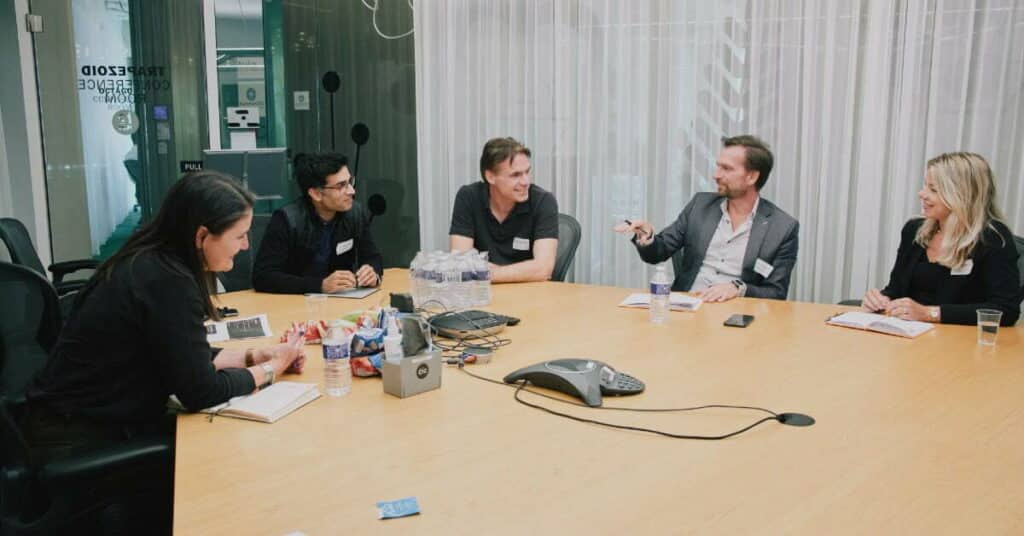
Techleap.nl’s Rise programme has become one of the important vehicles for Dutch scaleups to reach the next level. Even though Sitly is part of batch #8 of this programme, Van Bruggen says he had not even heard about Rise programme before Techleap.nl reached out to him.
However, when Techleap.nl explainedthe programme and what it offers to Dutch scaleups, the Sitly founder realised he was looking for the same kind of guidance. He uses the analogy of working from a coworking space to explain his point of view.
He says a coworking space allows you to network with other entrepreneurs and gain insights or experience. However, when you grow and don’t fit into a coworking space, you lose out on that experience. He says the transition from startup to scaleup comes with new challenges and the Rise programme has helped him overcome those challenges.
“As a leader you basically need to reinvent yourself. What used to be a good approach might not be the way to go when the company and the team grows,” Van Bruggen says about the transition. “We were approached by one of the Rise programme’s scouts. It seemed to me the right time to get external input on how to scale your business and maybe even more important how ‘not’ to do it.”
He says the ability to discuss all the challenges faced by leaders with peers who are either going through or have gone through the same struggles is the highlight of Rise programme.
He also adds that he benefited from learnings centred around talent and people, funding, and product. Van Bruggen says the Rise programme helped him maintain Sitly’s culture with a growing team, shown him how to choose investors carefully when going for funding, and reinforced the need to focus on prototyping and testing before building the perfect solution.
Vision and Mission
For Sitly, Van Bruggen says their BHAG is to “facilitate a successful match between parents and babysitters, every second.” Right now, the platform facilitates a successful match every 68 seconds but aims to bring this down to one second. The aim for the next three years is to triple its current market share and expand to more countries.
“We might need some external funding to achieve this but we might also be able to do this with our own cash,” the founder says.
He also has sage advice for every entrepreneur starting their own company. Firstly, he says every entrepreneur should start with an MVP and have proof for its traction. If there is no such traction, they should prepare to pull out or revise models as soon as possible but not burn money. Secondly, he recommends building their product or service towards an end goal. Lastly, Van Bruggen says, “Set aside all your prejudices and hunches and make your decisions data informed.”




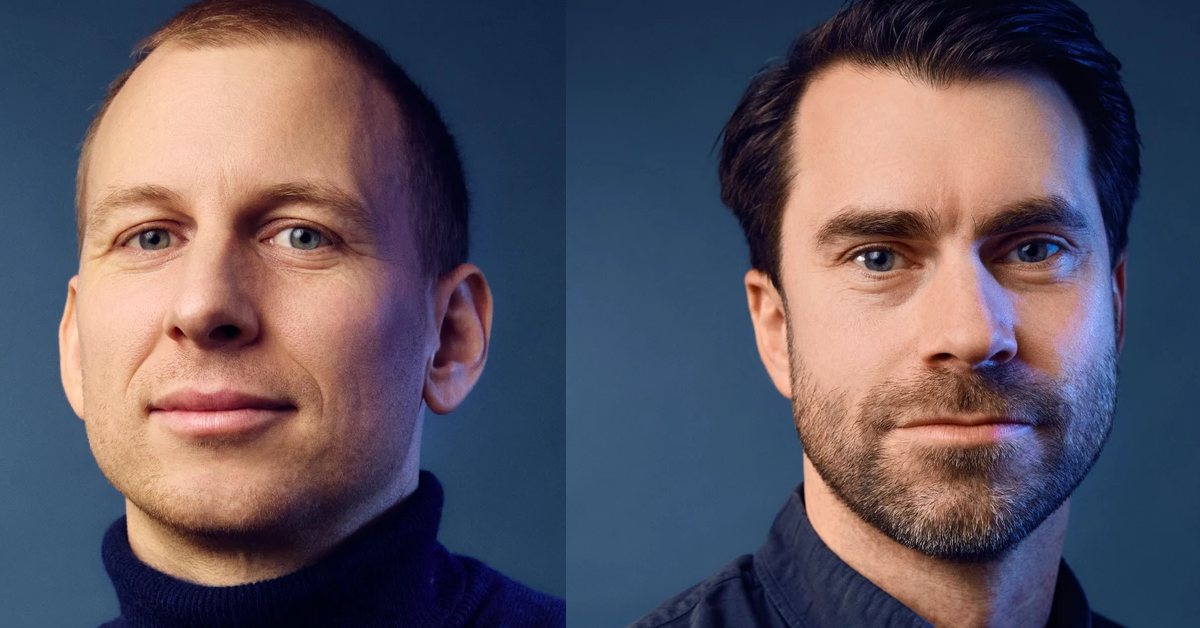
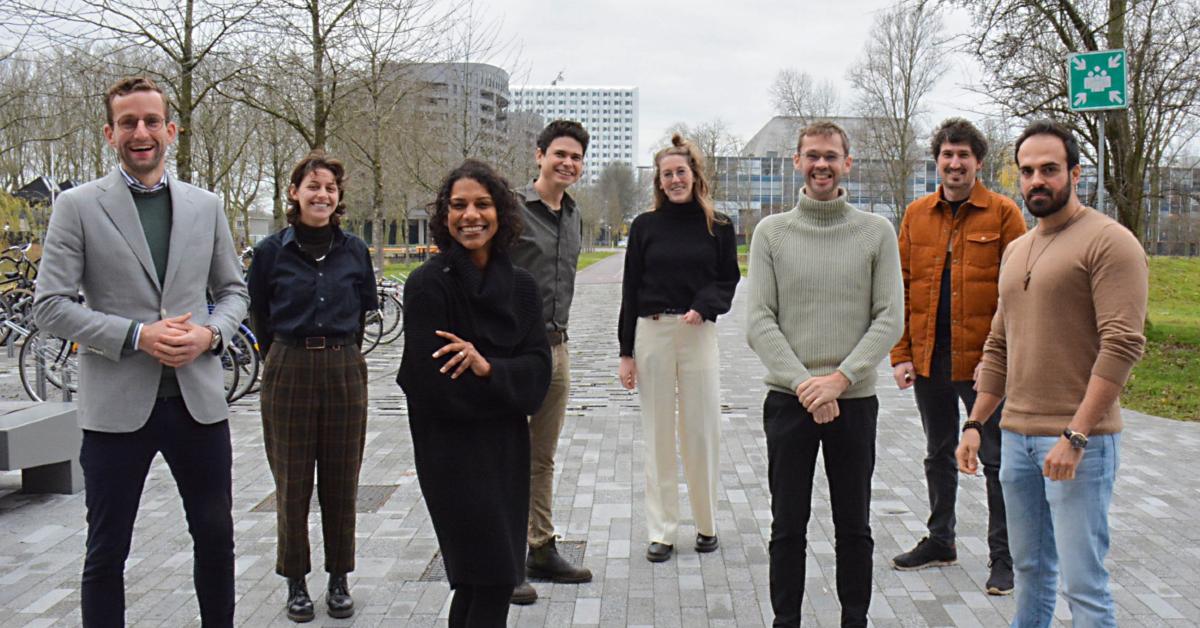

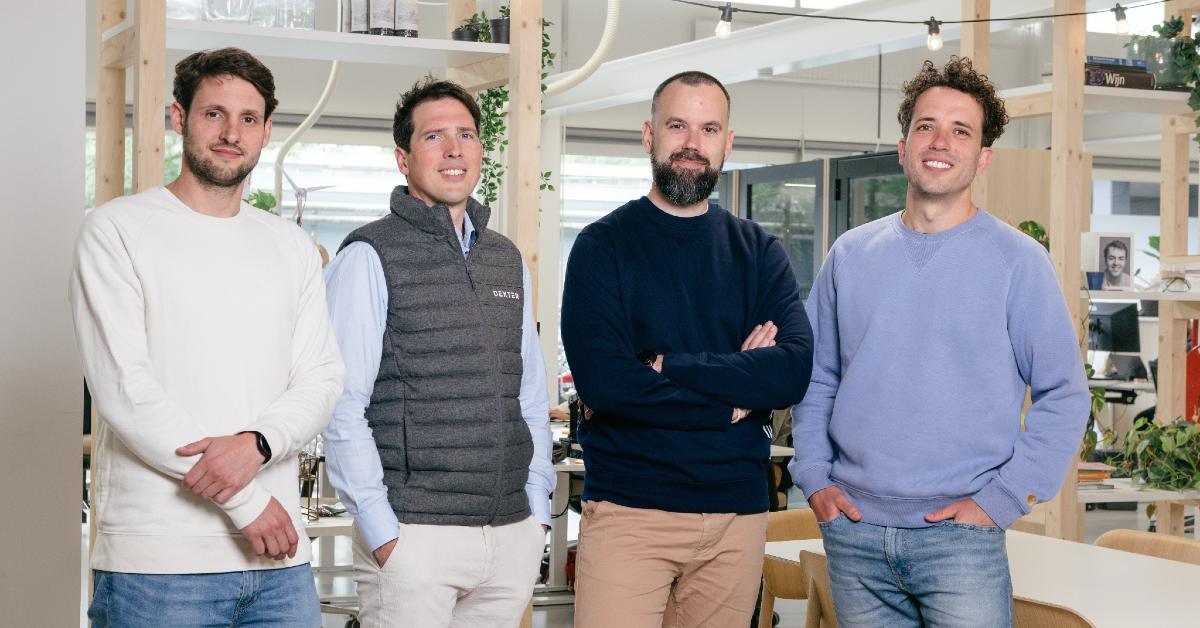
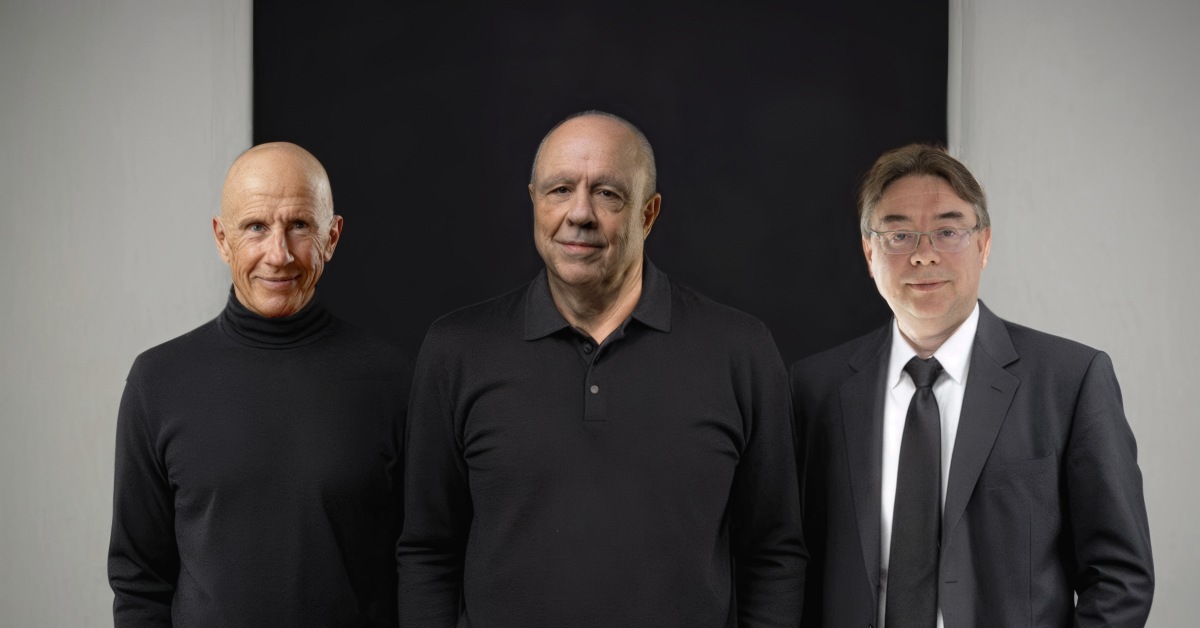

01
From telecom veteran to Dutch Startup Visa success: The Jignesh Dave story